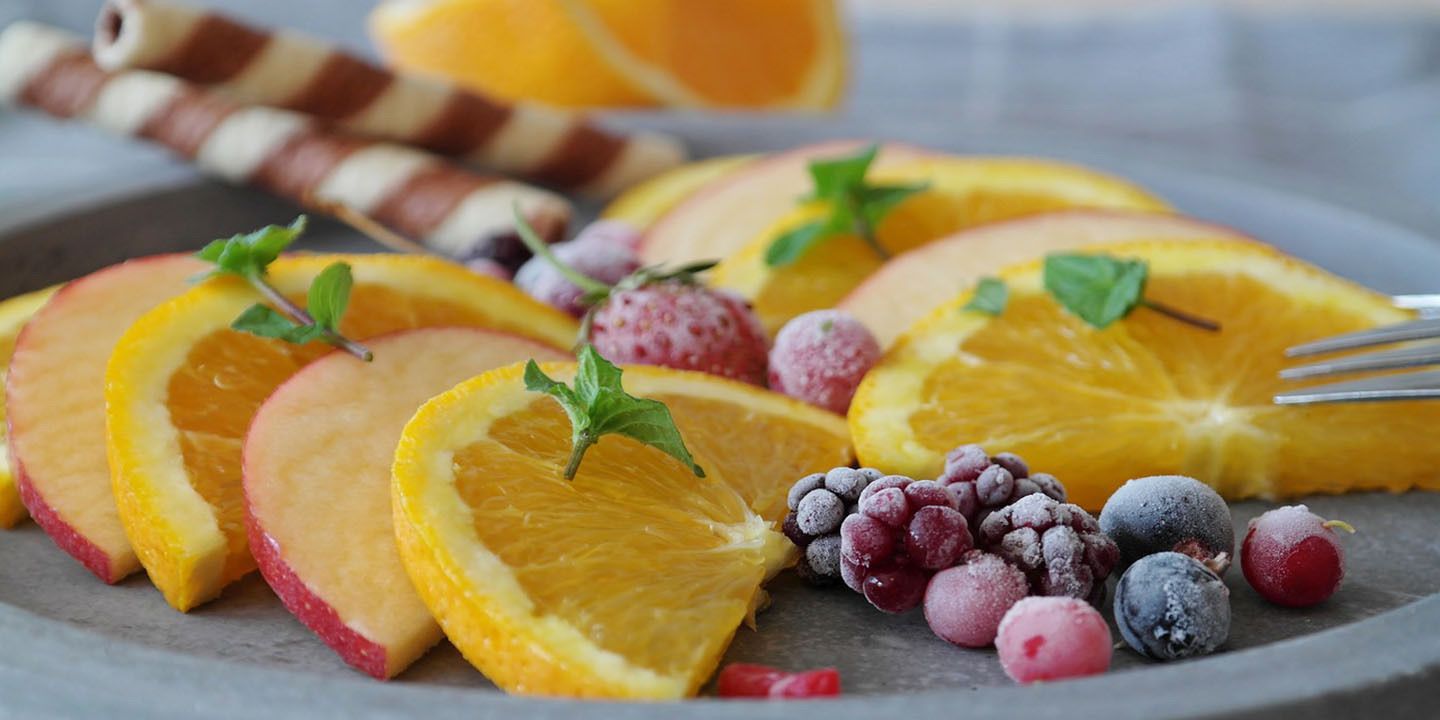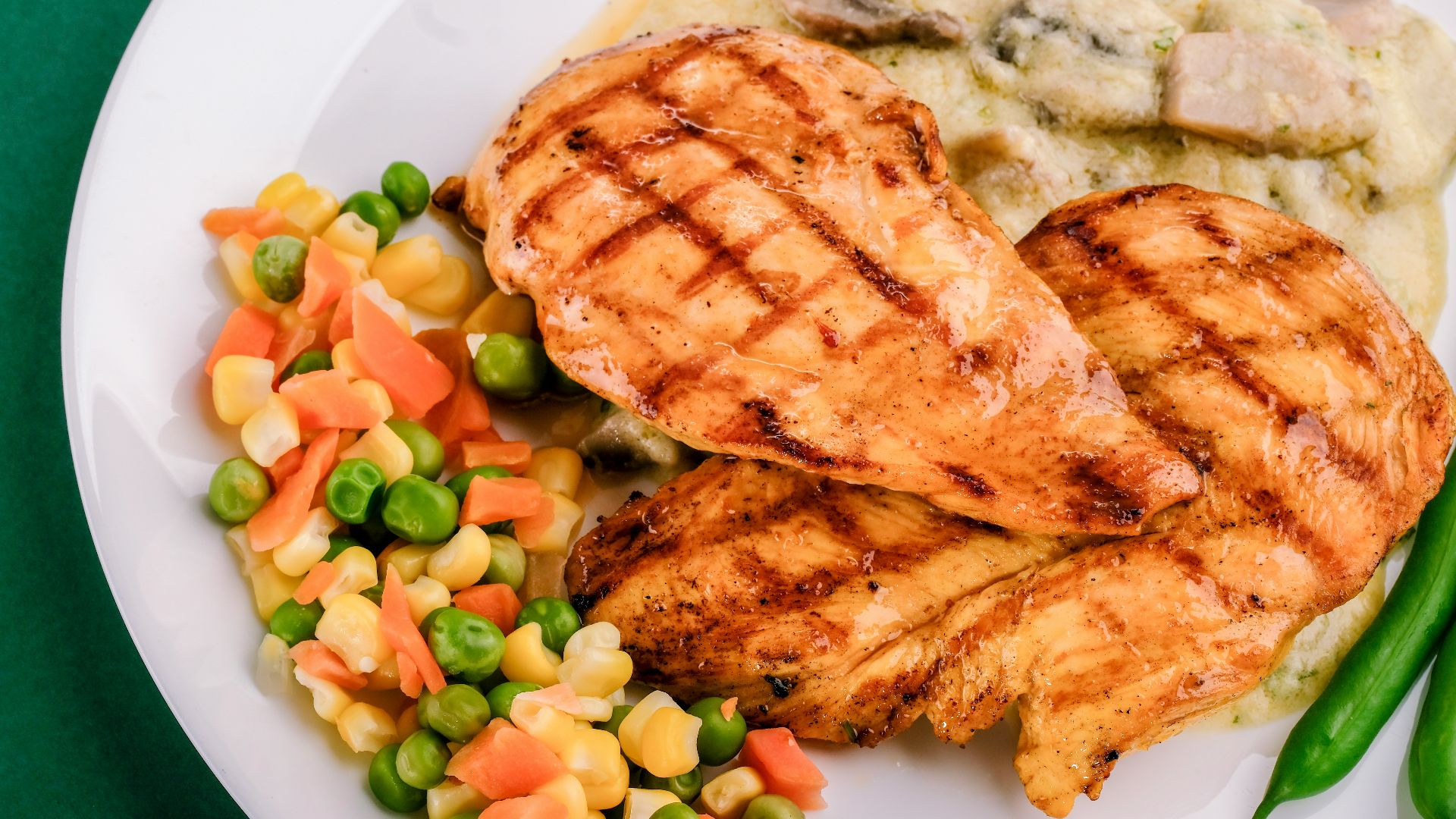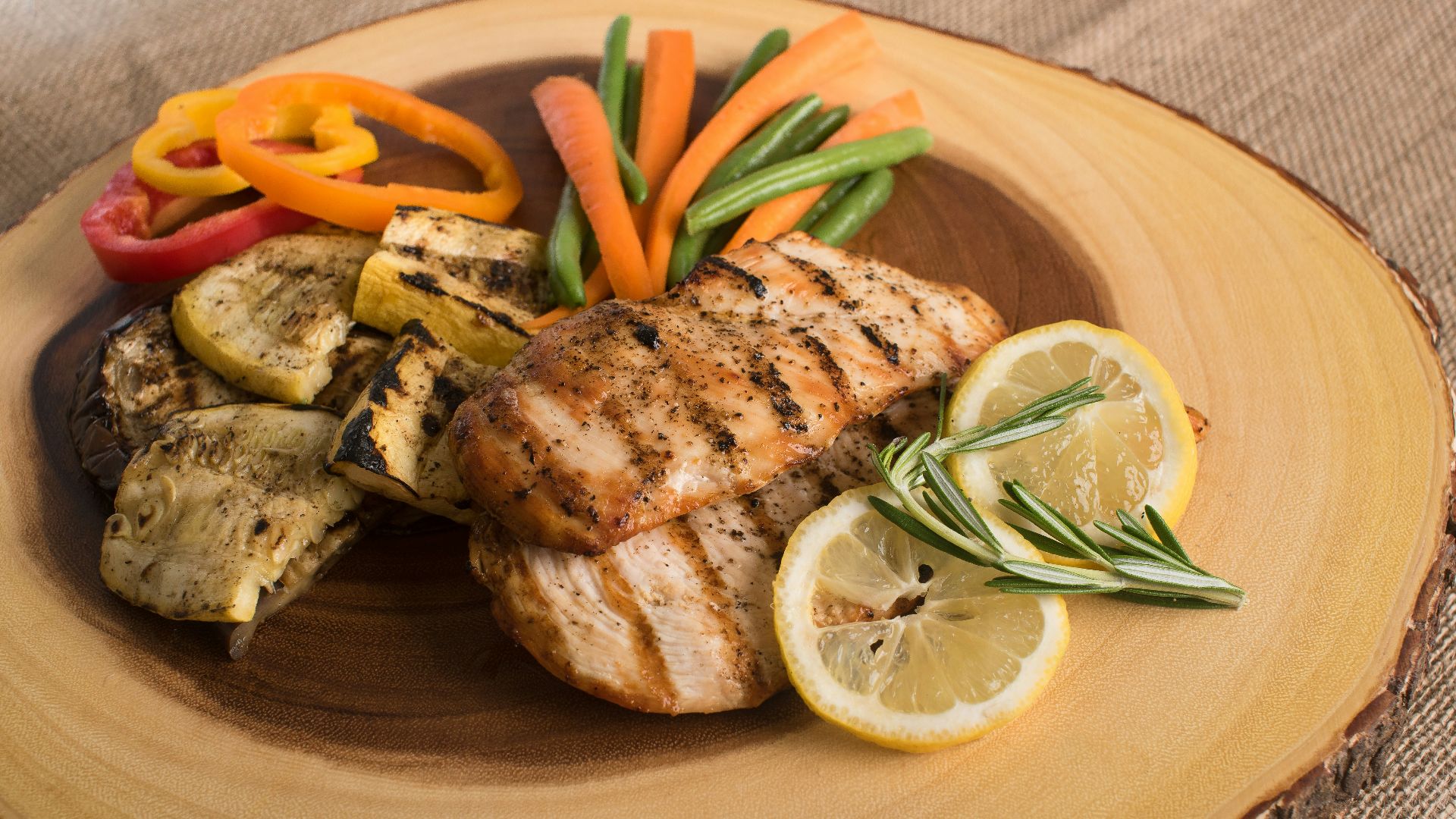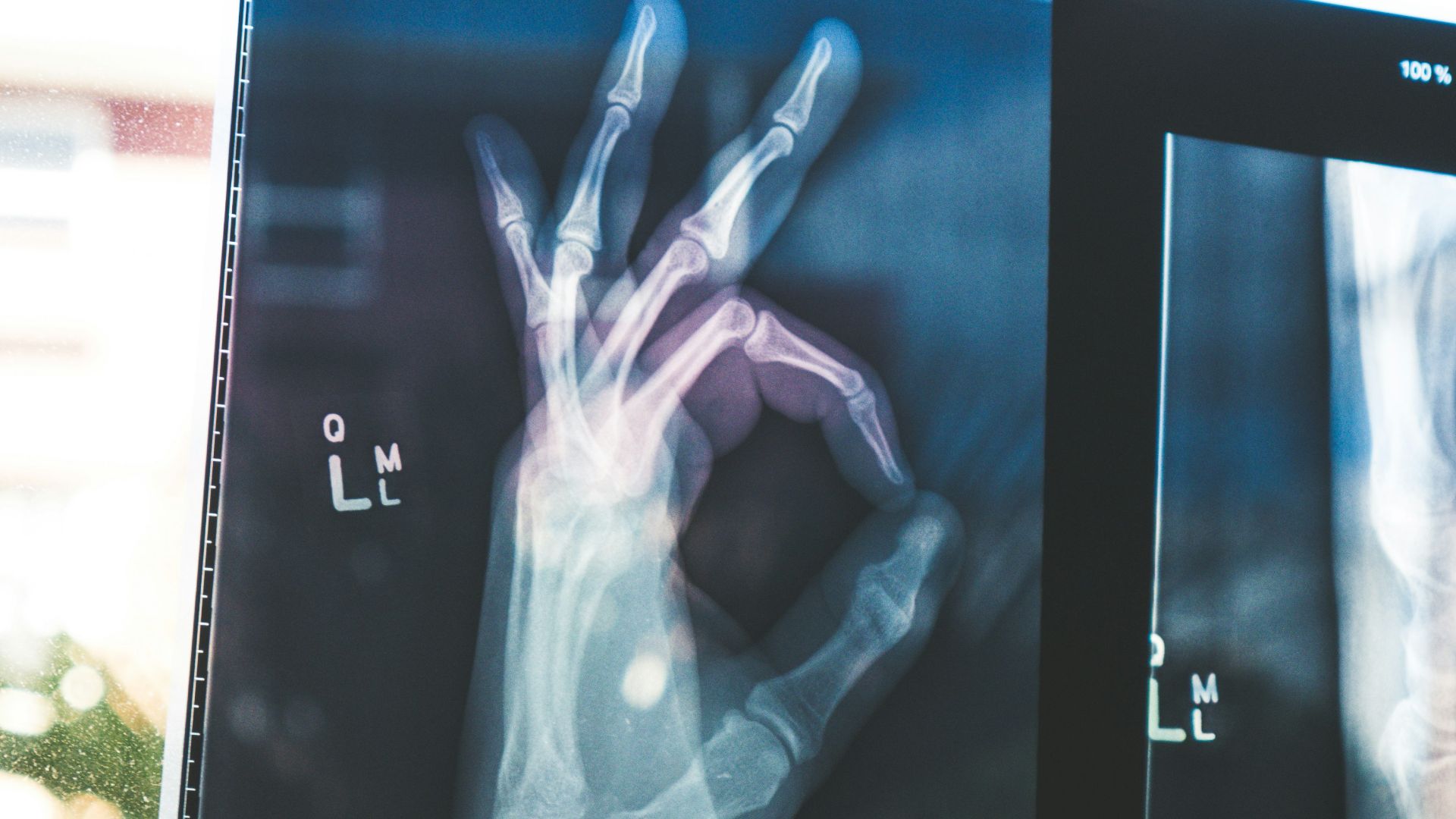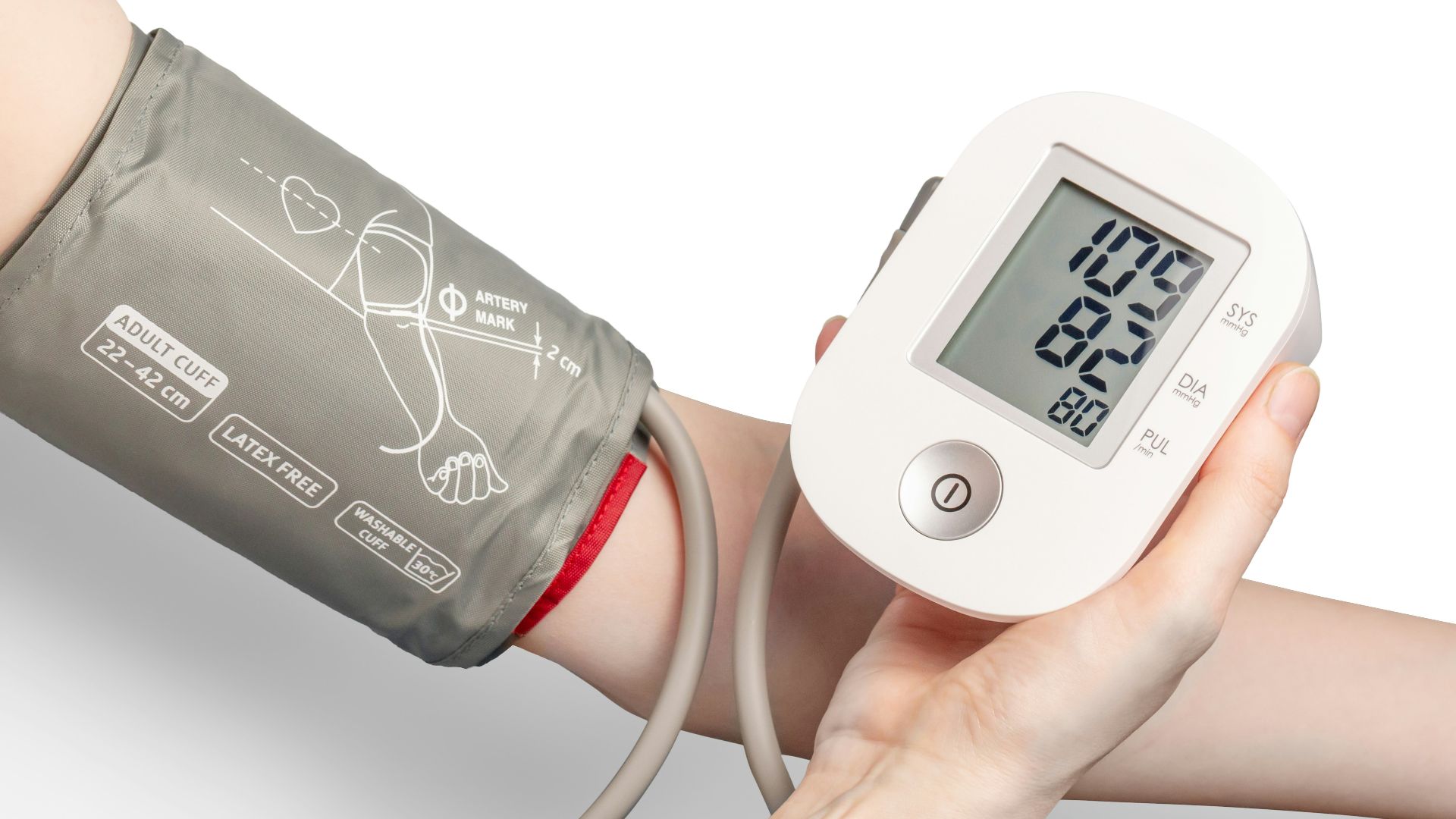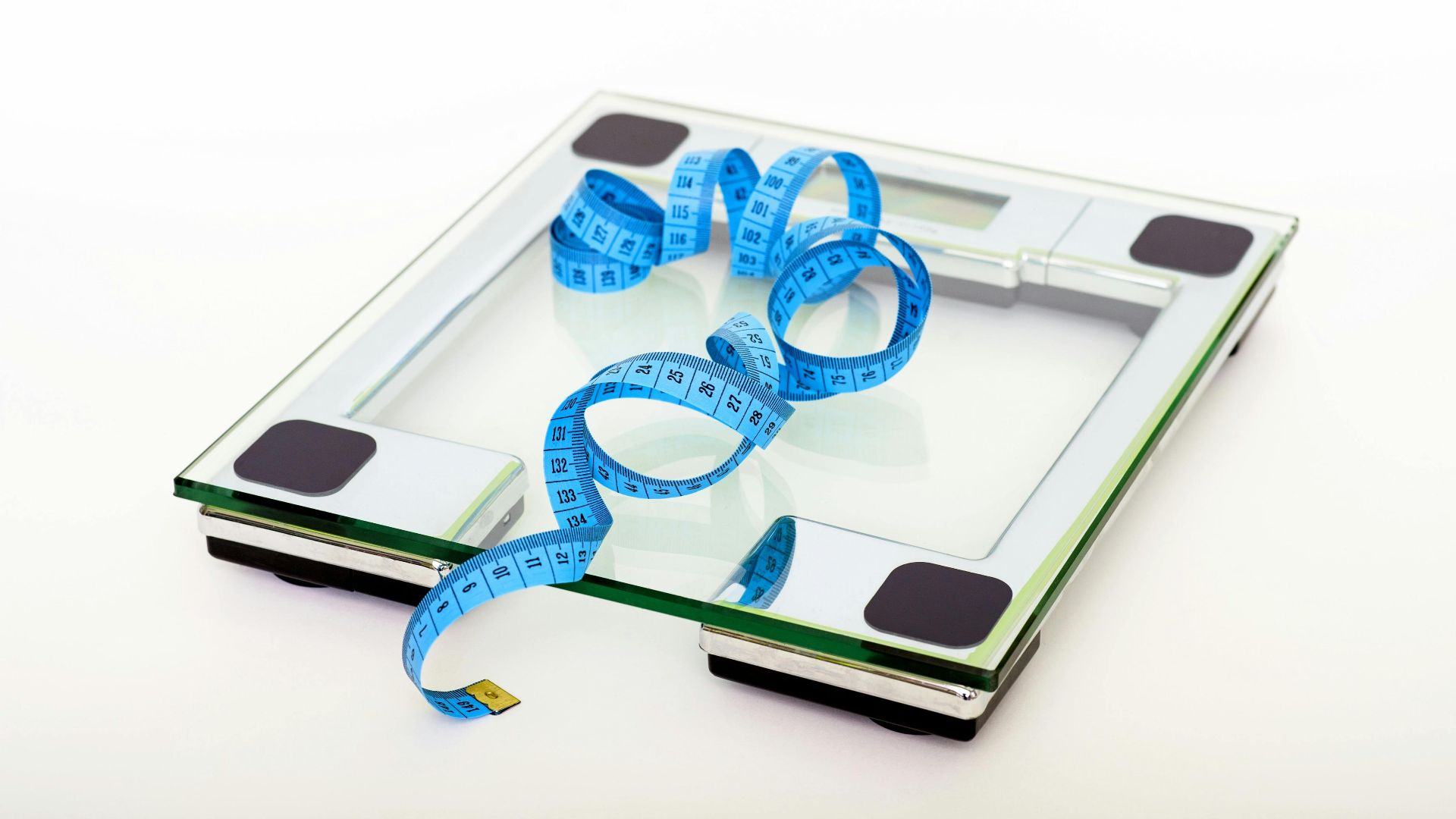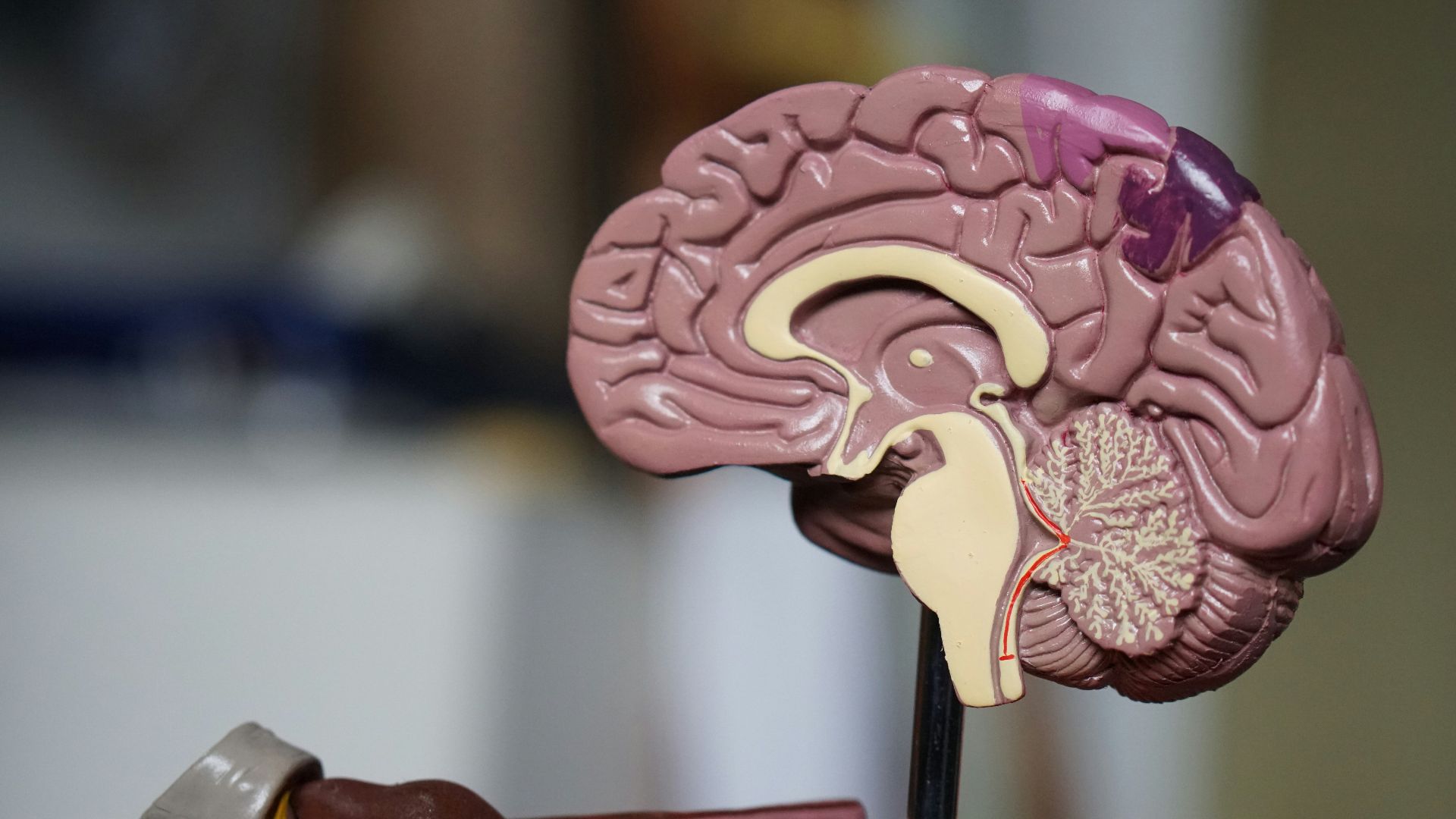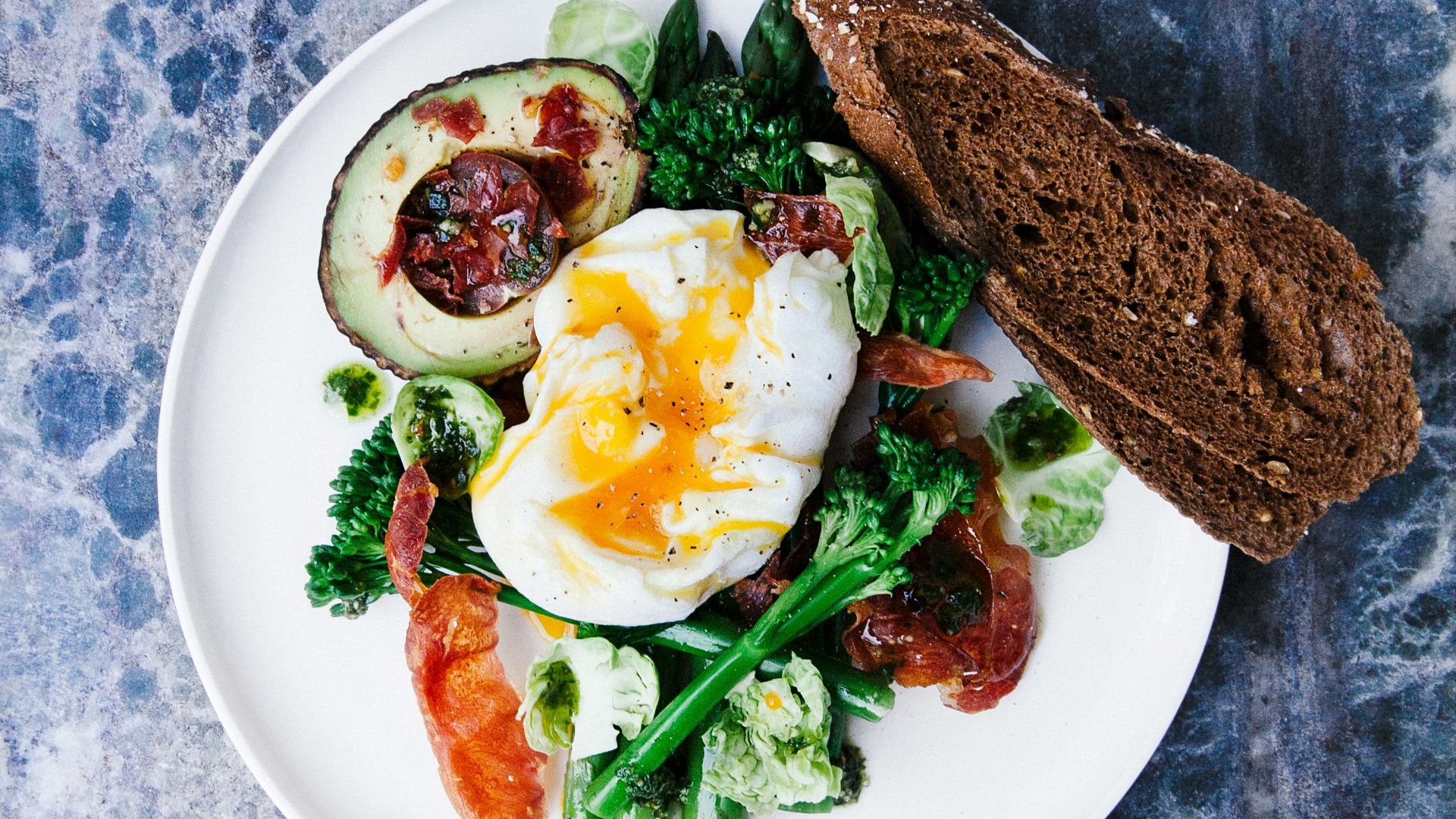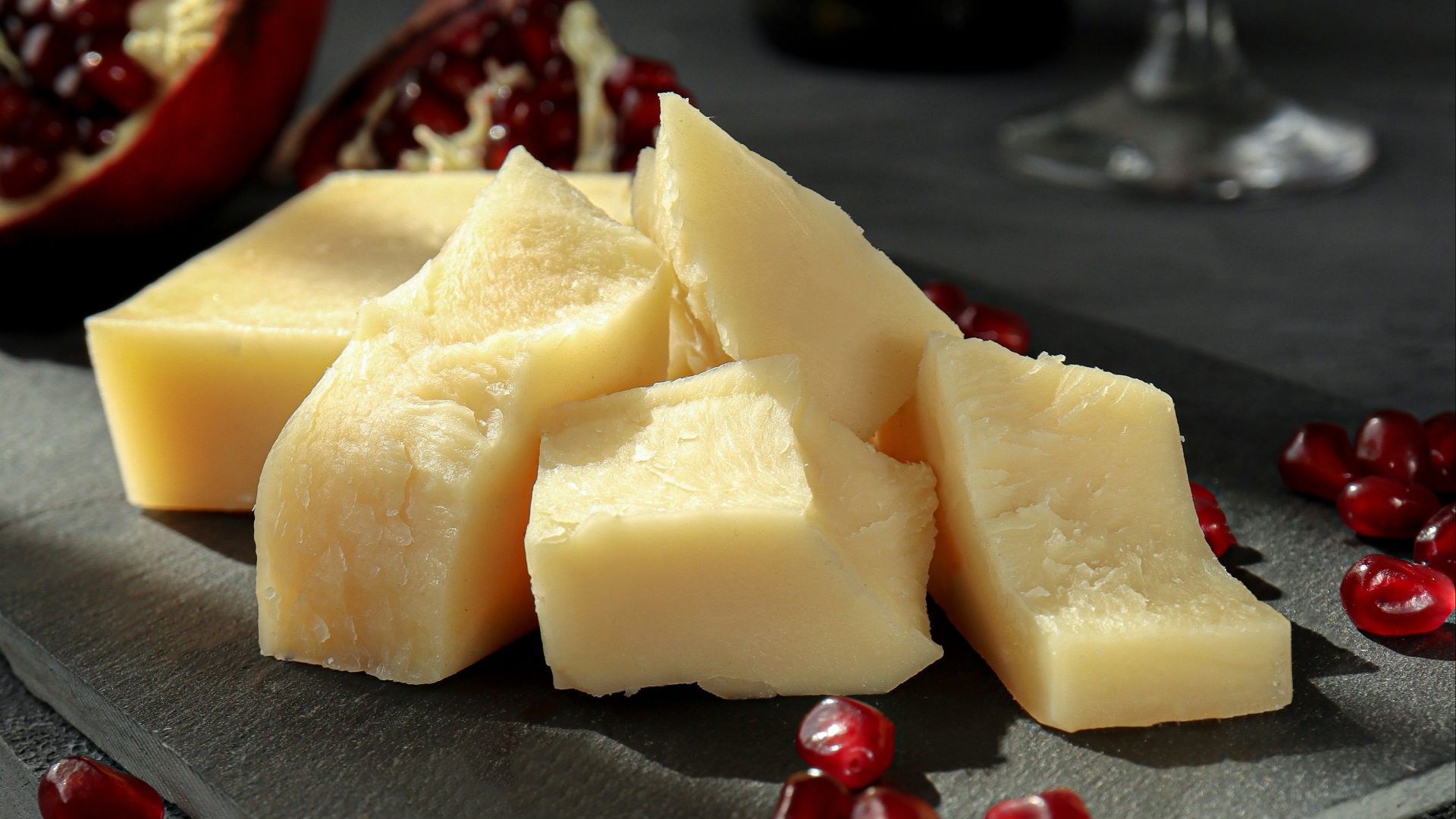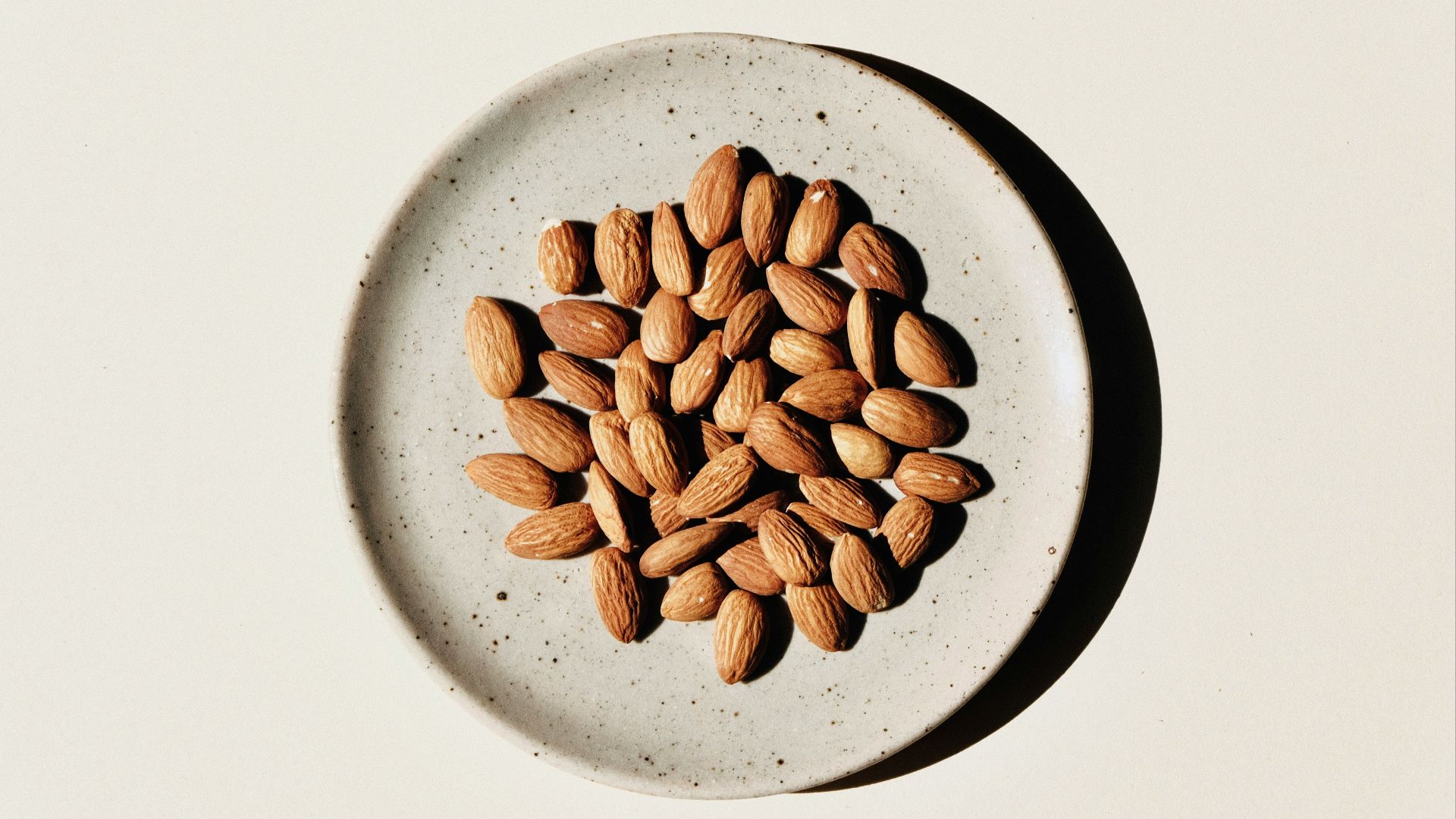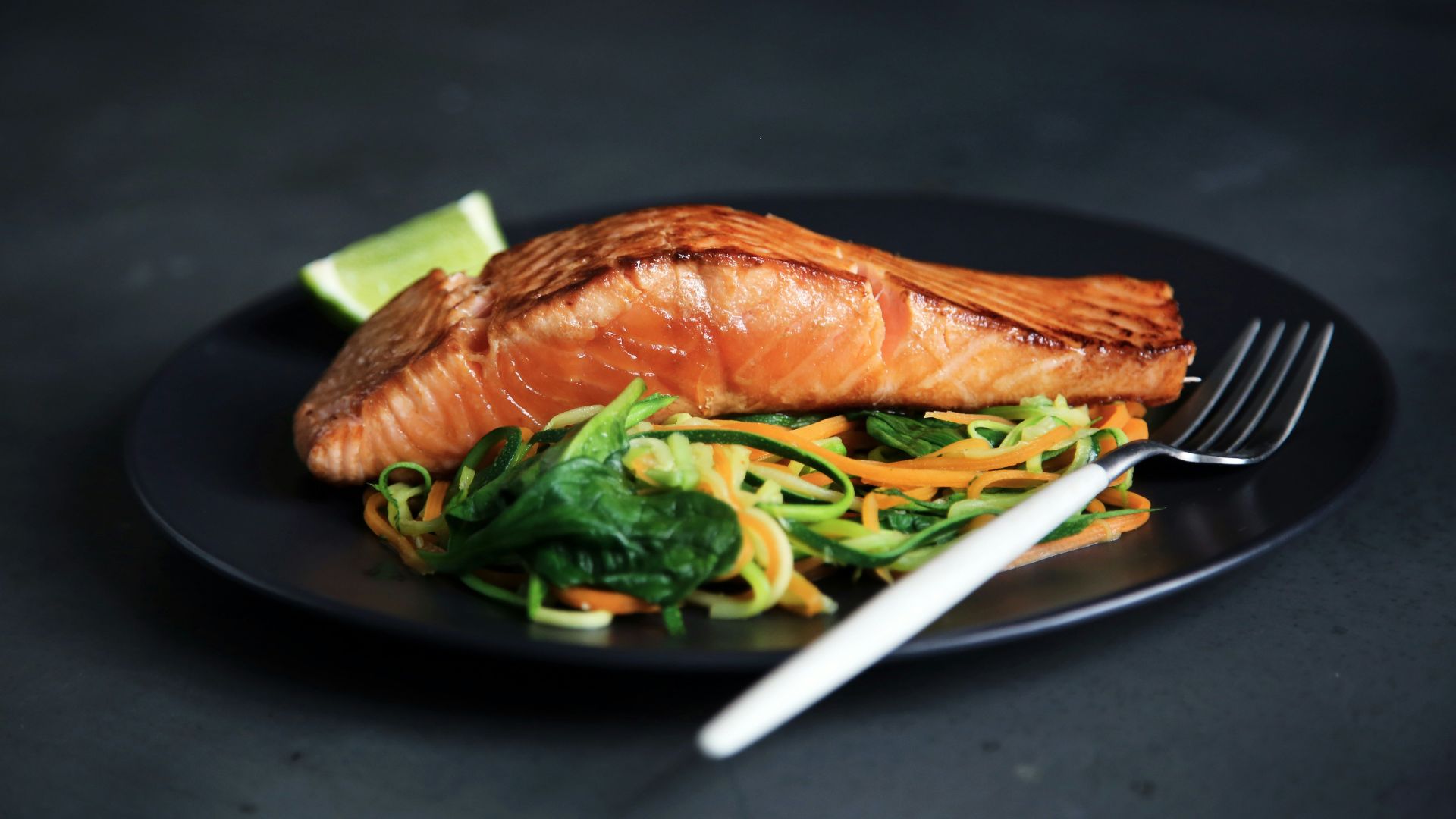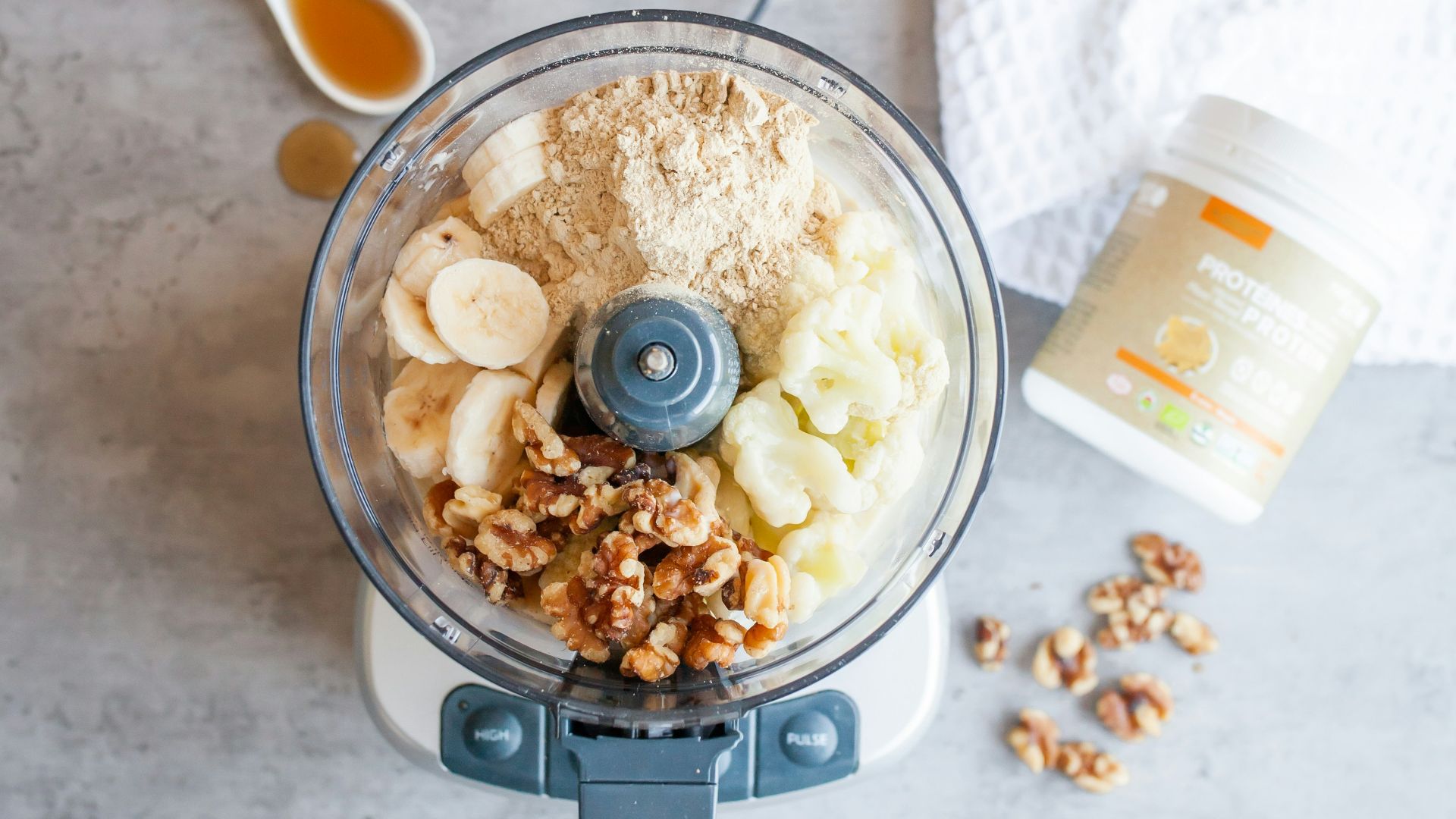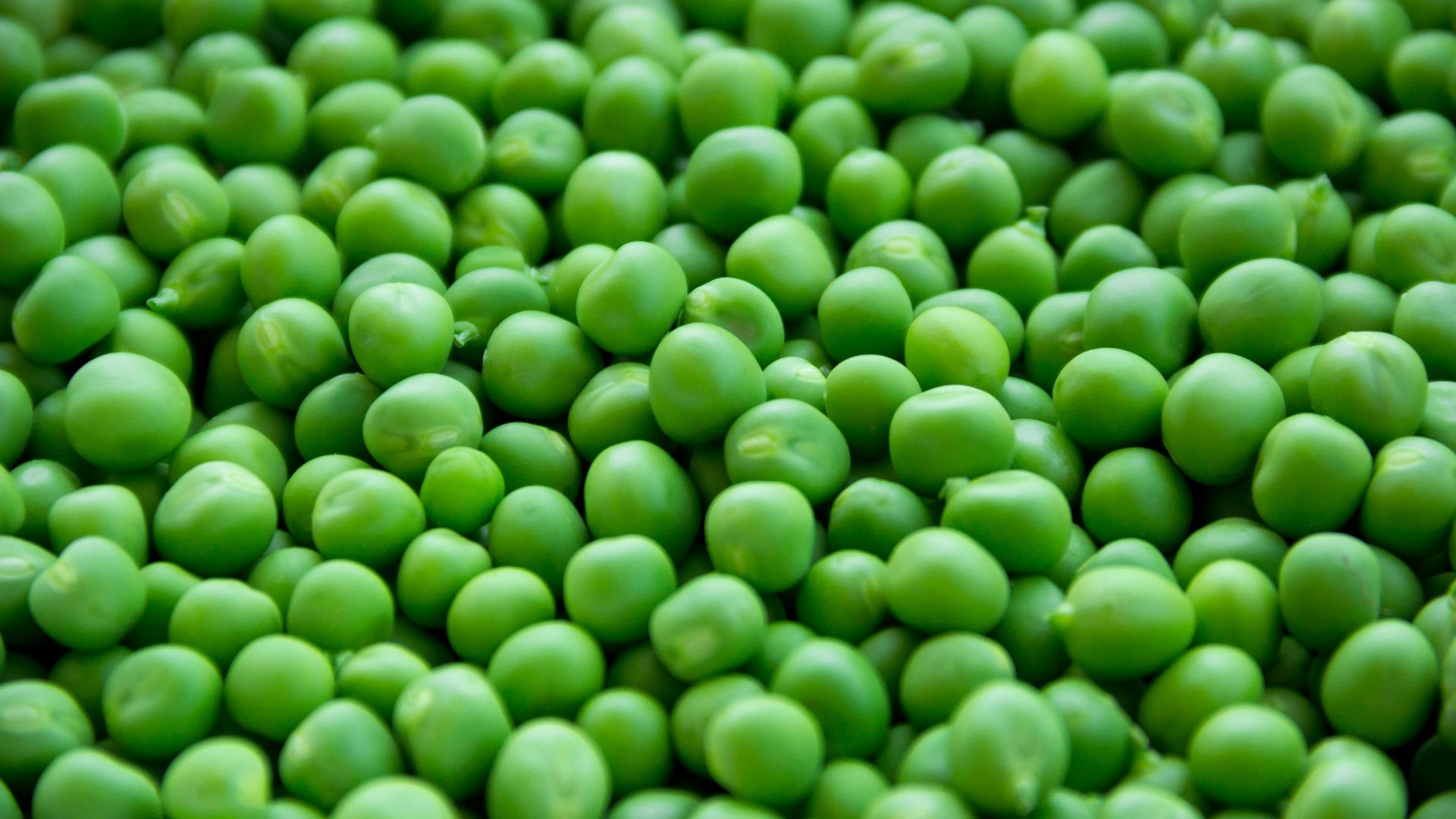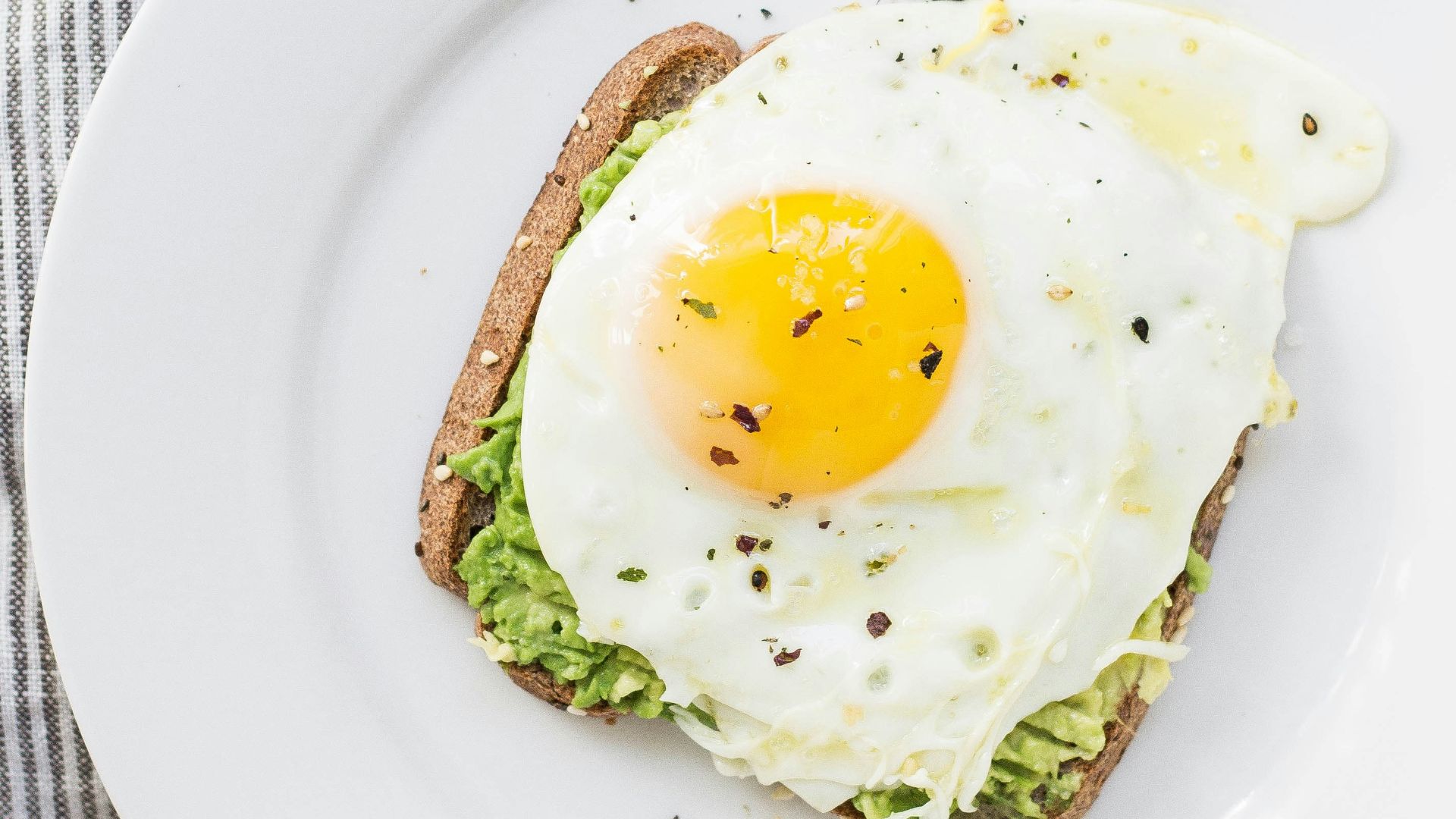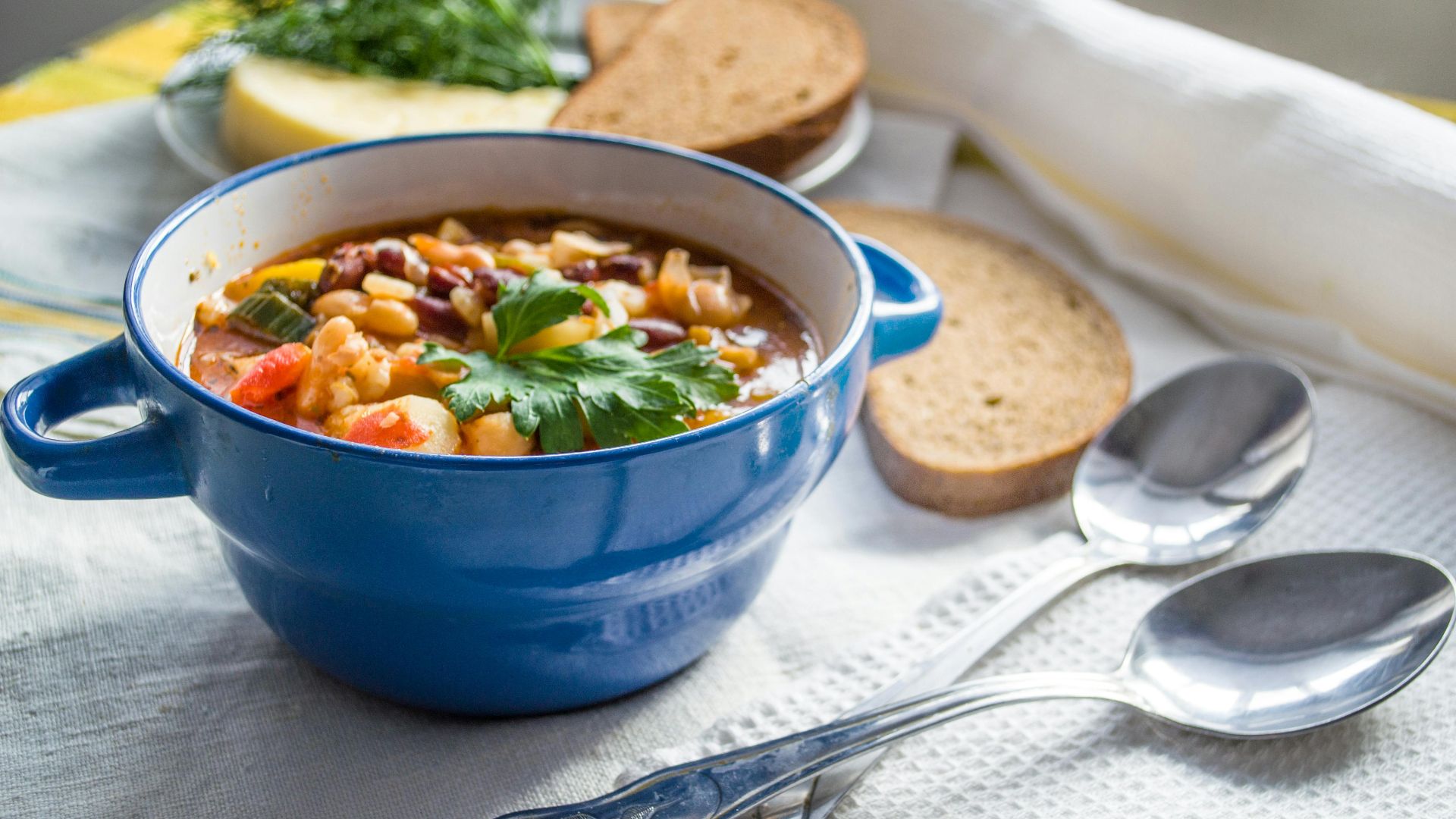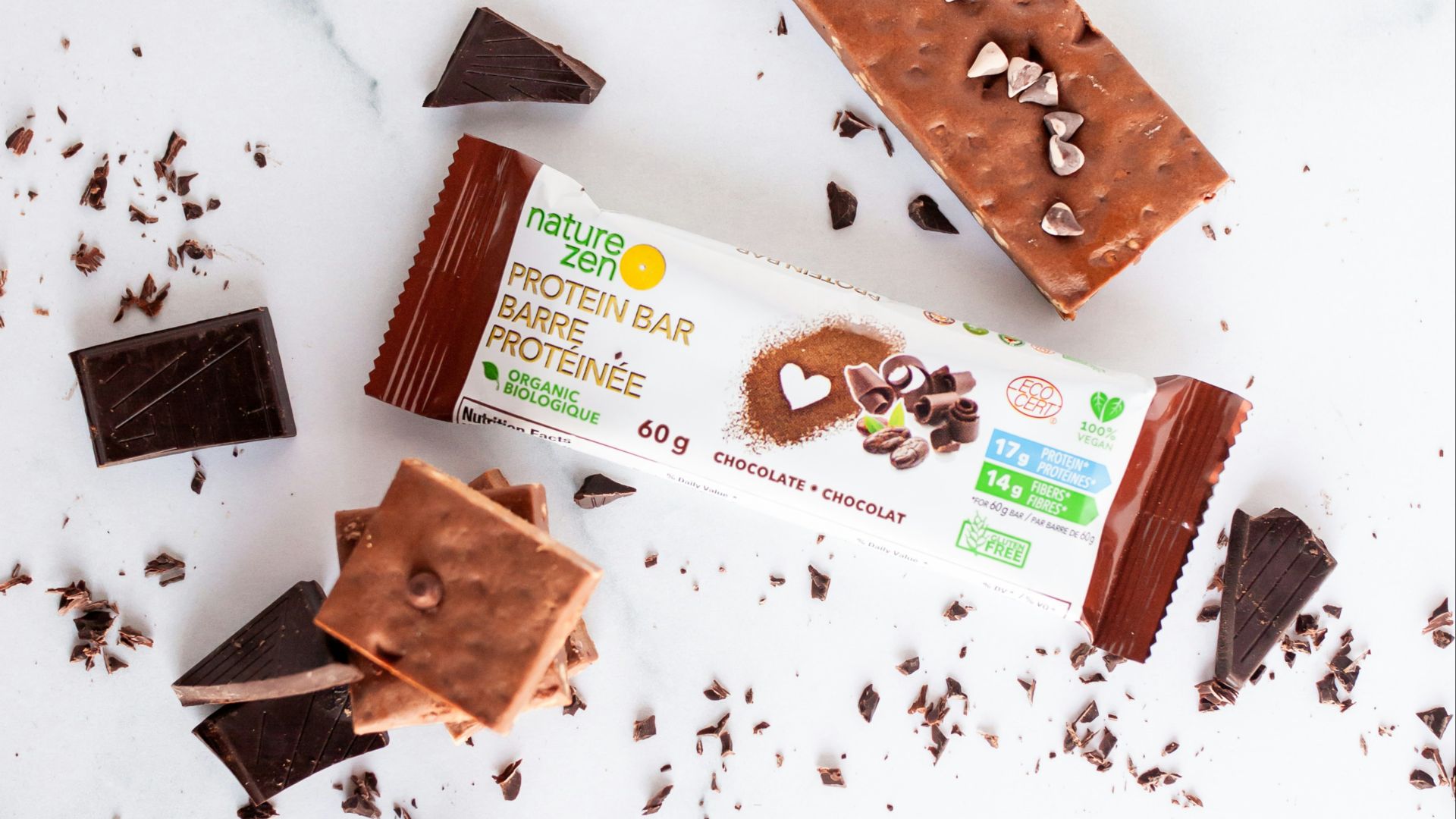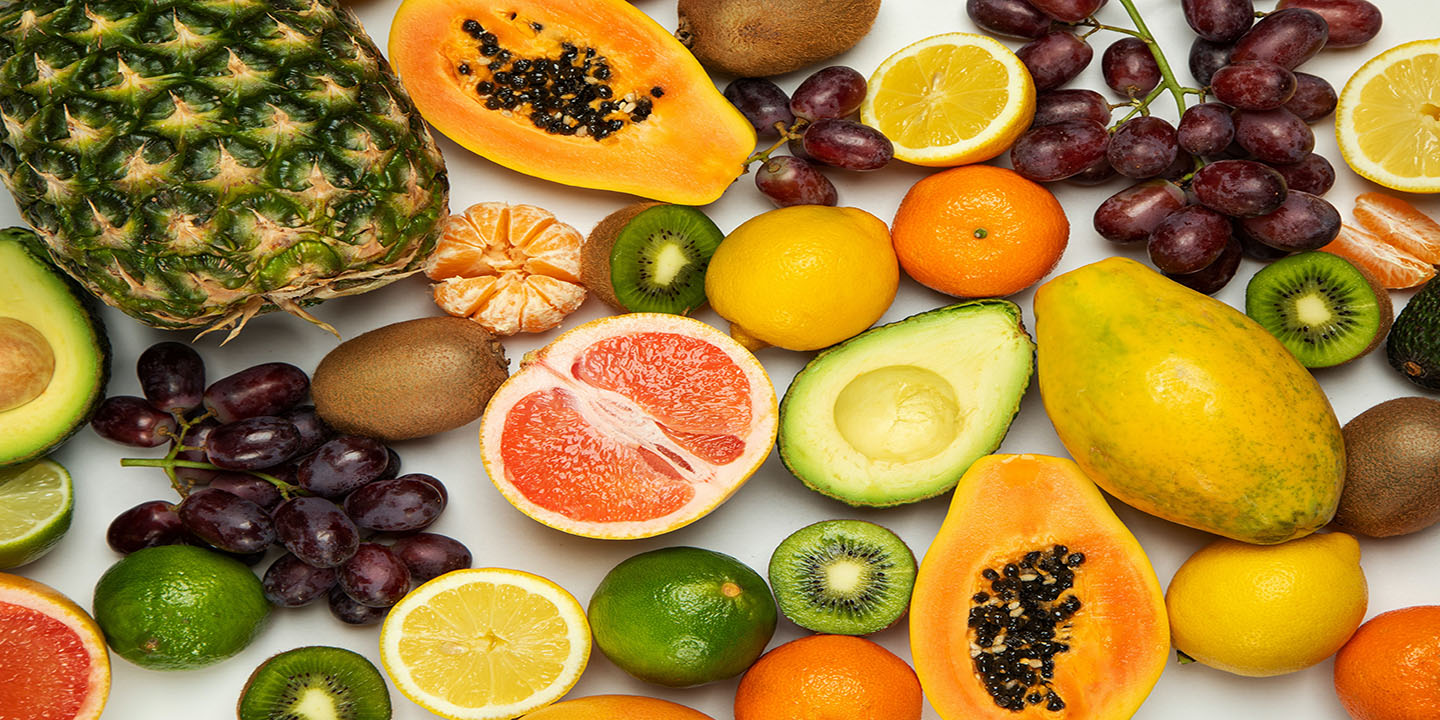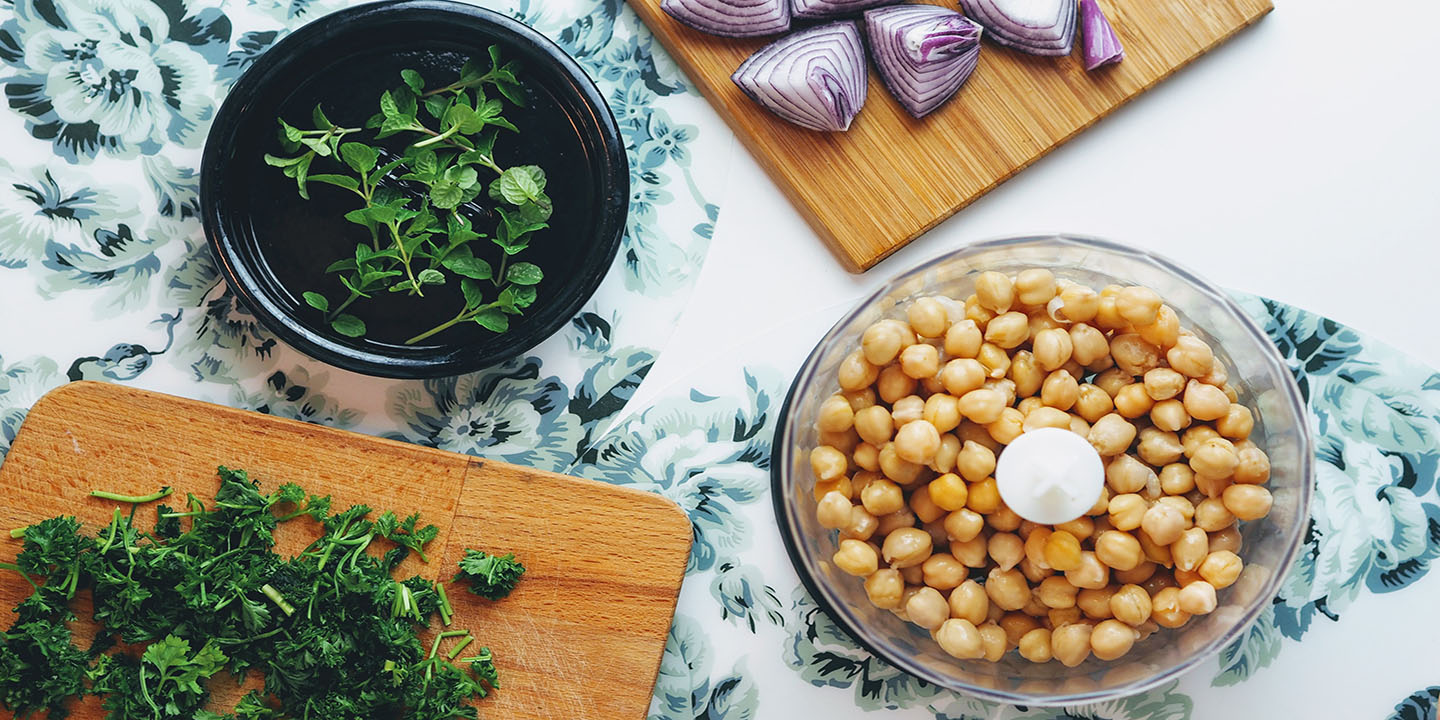Protein Isn't Just for Body Builders
How much protein do you eat in a day? The general recommendation is that adult females consume at least 46 grams of protein every day, while adult males should consume at least 56 g. And yet, unless you're watching your weight and actively making sure you're eating enough of it, you're probably not getting enough protein as you should. But why is this macronutrient so important for our bodies, and what are some simple ways you can beef up your intake?
1. Reduces Appetite
Snacking on chips and sweets might curb your cravings for the time being, but treats that are high in carbohydrates and fats won't stifle your hunger. A high-protein diet, on the other hand, will keep you full for longer, which reduces your appetite and your overall calorie intake.
2. Builds Muscle
Looking to gain muscle? Protein is the answer for you—it is, after all, the primary building block of your muscles. Not only will eating more protein allow you to pack on more muscle, it'll help maintain your strength and mass, too. If you're lifting weights or are looking to start, make sure to consume enough protein.
3. Boosts Metabolism
The thermic effect of food (TEF) is the process in which your body burns calories to break down the foods you eat. Foods that take longer (and more calories) to digest have a higher TEF. Guess which macronutrient beats out the rest? You guessed it—protein. Furthermore, a high-protein diet can increase your basal metabolic rate, or the amount of energy your body needs to perform basic functions, like breathing.
4. Supports Bone Health
If you have weak bones, you might want to add more protein to your diet. Research suggests that animal protein, in particular, provides more benefits in improving bone density than plant-based proteins, but it's important to vary your sources and to combine a protein-rich diet with regular physical activity. In the long term, this could help prevent osteoporosis.
5. Helps Body Heal Post-Injury
Athletes who are more susceptible to injuries must incorporate enough protein in their diets so that their bodies have more strength to rebuild damaged tissues, organs, and bones. Protein, as we've mentioned, is the primary building block of our muscles and is essential for cell repair processes, so it's a key component to helping your body heal quicker and stronger.
6. Lowers Blood Pressure
Studies have found that people who ate more protein reported lower blood pressure and were less likely to experience hypotension. Eating lean proteins, like chicken breast, fish, veggies, and nuts, can also support heart health, reducing the risk of cardiovascular disease, stroke, and heart attacks.
7. Reduces Late-Night Cravings
Because protein-rich foods are so satiating, you're less likely to reach for a late-night snack or have cravings throughout the day. If you find you're always hungry or consuming more calories than you intend, pick snacks that are high in protein over treats that are high in carbs, fats, and sugar.
8. Supports Healthy Aging
You lose muscle mass and bone density as you get older. Since protein keeps your muscles, tissues, and bones robust, it's crucial to incorporate enough of it into your diet so your body ages healthily. Protein can also boost and maintain a strong immune system.
9. Helps Keep Weight Off
Protein keeps you full for longer, so you likely won't need to consume excess calories throughout the day, nor would you feel the need to reach for snacks to curb your cravings. Plus, since protein has a high TEF, you burn more calories digesting it, too. All of this not only helps you lose weight, but keeps the weight off.
10. Improves Cognitive Function
A recent Harvard study in 2022 found that eating more protein compared to carbohydrates was linked to a lower risk of developing cognitive decline later in life. Eating plant protein had the most significant effect: for every 5% of calories that came from plant protein, there was a 26% lower chance of developing dementia. Beans and legumes, in particular, such as peas and lima beans, were reported to have the strongest protective association.
What, then, are some simple ways to add more protein to your diet so you can reap all its wonderful benefits? Let's explore 10 ways to increase your intake.
1. Swap Cereal with Eggs
Breakfast is the most important meal of the day, so what better to begin the morning with something protein-rich? If you often opt for snacks like cereal, waffles, or pancakes, swap it out for eggs. Given their versatility, you can make an omelette or pair them with toast.
2. Snack on Cheese
Feel like nibbling on something? Instead of choosing snacks that are high in carbs and fats, like chips and candies, pick treats that are packed with protein, like cheese. A one-ounce (28-gram) serving of cheddar cheese, for example, contains 7 g of protein, and is rich in calcium and low in calories as well.
3. Top Dishes with Chopped Almonds
Nuts are also protein-rich. Almonds, in particular, are high in magnesium, fiber, and heart-healthy fats—and they contain 6 g of protein in a one-ounce serving. Plus, studies have found that our bodies don't absorb all of the energy that we can get from almonds, meaning we actually take in fewer calories. Chopping almonds up to top your oatmeal, yogurt, salads, rice, or cheese is an easy way to enjoy their benefits.
4. Choose Greek Yogurt
Instead of choosing regular yogurt, opt for Greek yogurt. Rich, creamy, thick, and high in protein, Greek yogurt keeps you full for longer, and can be topped with fruits, nuts, granola, oats, or chia seeds to make it even more nutritious.
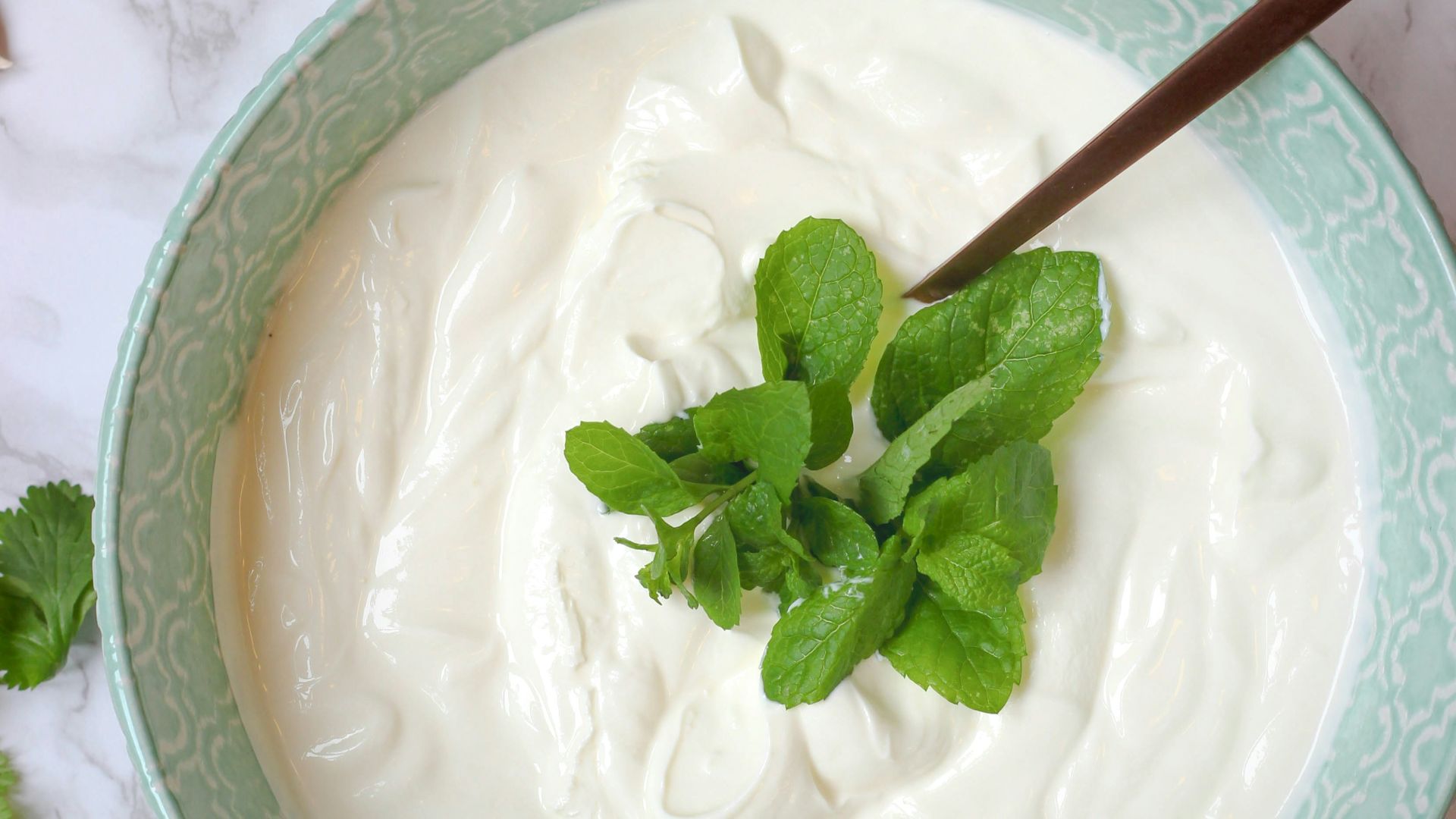 micheile henderson on Unsplash
micheile henderson on Unsplash
5. Incorporate Fish & Seafood
When planning meals for lunch and dinner, you don't just have choose from beef, pork, or chicken. Both fish and seafood are great sources of protein as well, and are packed with healthy fats and other important nutrients that meat often lack. It's recommended that adults following a 2,000-calorie diet eat at least 8 oz. of seafood every week.
6. Make Protein Shakes
For an even easier way to incorporate protein into your meals, try making shakes with protein powder. Whey is the most popular, and just a single scoop (28 grams) provides 17 g of protein. You can also add other healthy or protein-rich ingredients to beef it up even more, such as almond milk and chopped berries.
7. Eat More Legumes
Not only do legumes like beans, peas, and lentils offer ample amounts of protein in each serving, they're also essential for providing nutrients that aren't often found in animal protein—think folate, vitamin C, and magnesium. Plus, as we've mentioned, legumes can protect your brain health and prevent cognitive decline.
8. Add Protein to Every Meal
A simple way to eat more protein? Add it to every meal. You can vary your sources, swapping animal protein for plant protein, and prep in advance so you have equal portions spread out for the week. Check the nutrition label when you purchase your groceries and opt for more protein-rich items.
9. Use Bone Broth Over Water
Whether you're making soup or boiling grains, like rice or quinoa, try swapping out water for bone broth. This will make your dishes taste much more flavorful while adding extra protein to your meals. You can also enjoy the broth on its own.
10. Keep Protein-Rich Snacks on Hand
While protein keeps you full and reduces your cravings, it still helps to keep snacks on hand in case you need a pick-me-up throughout the day. However, instead of choosing high-calorie treats that are low in protein, stock your bag, car, and workspace with healthier picks, like protein bars and assorted nut packets.
KEEP ON READING

The Most Popular Signature Dishes Around the World
